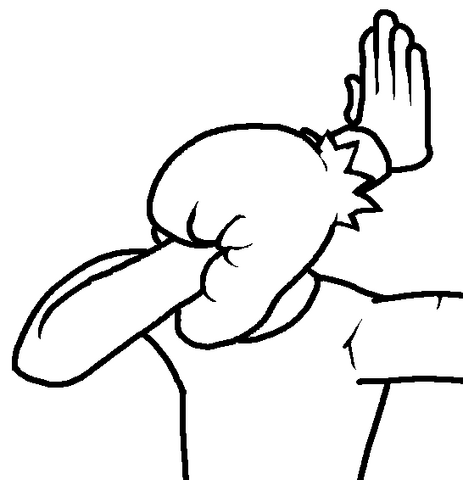Interesting post, Franklin. You're right that economic anxiety has played a large role in these protests. Hong Kong's economy has boomed since 1997. But the perception among a large part of the city is the benefits have flowed to a small group of tycoons rather than them.
However, consider that students, even secondary and high school students, are playing a leading role in the current protests. They are too young to remember what things were like before 1997, or worry about inflation or jobs or housing prices. Sure they hear about those things from their parents, teachers, and the news but it's not something they've experienced, and we know that personal experience is the most powerful motivation.
There's a sense that Hong Kong is under threat by the PRC. Hong Kongers genuinely feel they are different from the PRC culturally, politically, economically, linguistically, and they want to keep it that way. Occupy Central cite forcing HK to go into debt to fund the high speed rail link and the effort to put pro-communist propaganda into schools are examples of Beijing encroaching on HK.
In my opinion these threats are exaggerated. Beijing has done a remarkable job in staying hands-off in HK since 1997. The PLA garrison is invisible and the Chief Executives have continued the policies of the pre-1997 governors. They even introduced a minimum wage which the left has wanted for a long time. Unemployment has been low, the stock market has boomed, and the currency has been stable. Freedoms of the press, religion, and demonstration (up to now, remember the annual Tiannamen Square Massacre memorials?) have been unaffected by the handover. The other economic issues like rising cost of living are to economic policies, or lack of them, from the Hong Kong government rather than anything Beijing is telling HK.
Still, that is an argument for more democracy in HK. As long as Beijing plays a strong role in choosing the Chief Executive, HKers will fear more Beijing meddling. Beijing's policy can change. Just because they've been hands off on HK up to 2014 doesn't mean they always will be. Officially-recognized true democracy is a both guarantee against future Beijing meddling and a way to solve current economic problems. That's why HKers are in the streets this week.
To all those who say the police should immediately crack down on the demonstrations, would you feel the same with the 1919 May 4 Movement in Beijing? How about when Russians protested against the Tsar in March 1917 and the Tsar ordered his soldiers to open fire? How about when gangsters suppressed the communist uprising in Shanghai in 1927? How about when Iranians protested the Shah in 1979 and the Shah ordered his soldiers to open fire? How about South Korean union workers protested the South Korean military dictator in the 1980s?
Public demonstrations and civil disobedience are the peaceful tools of last resort for mass movements in un-democratic societies. In lieu of free and fair elections they are the only way for a large part of the population to show their strength and effect change. The only thing left after that is armed revolt.
Public demonstrations played a huge role in the decolonization of India, Algeria, and other countries. It's ironic to see communists and their apologists preaching the law and order gospel of the regimes they overthrew when they were revolutionaries not so long ago, and agitated for the right of the people to strike and protest. It seems like communists are for the right to protest when it is they who are protesting, but against it when it is someone else.
When do large demonstrations turn violent? Usually when the police and/or army attack them and people are forced to run and defend themselves. Tear gas, pepper spray, and batons are violence and they hurt people. Shooting a tear gas grenade into a ground is extremely dangerous because it can cause a stampede which can crush to death anyone who trips and falls. If you don't want people to get hurt, don't use those weapons. Sometimes in anti-globalization, anti-capitalism protests in the West there are anarchists who start smashing shops but Hong Kong does not have that problem.


